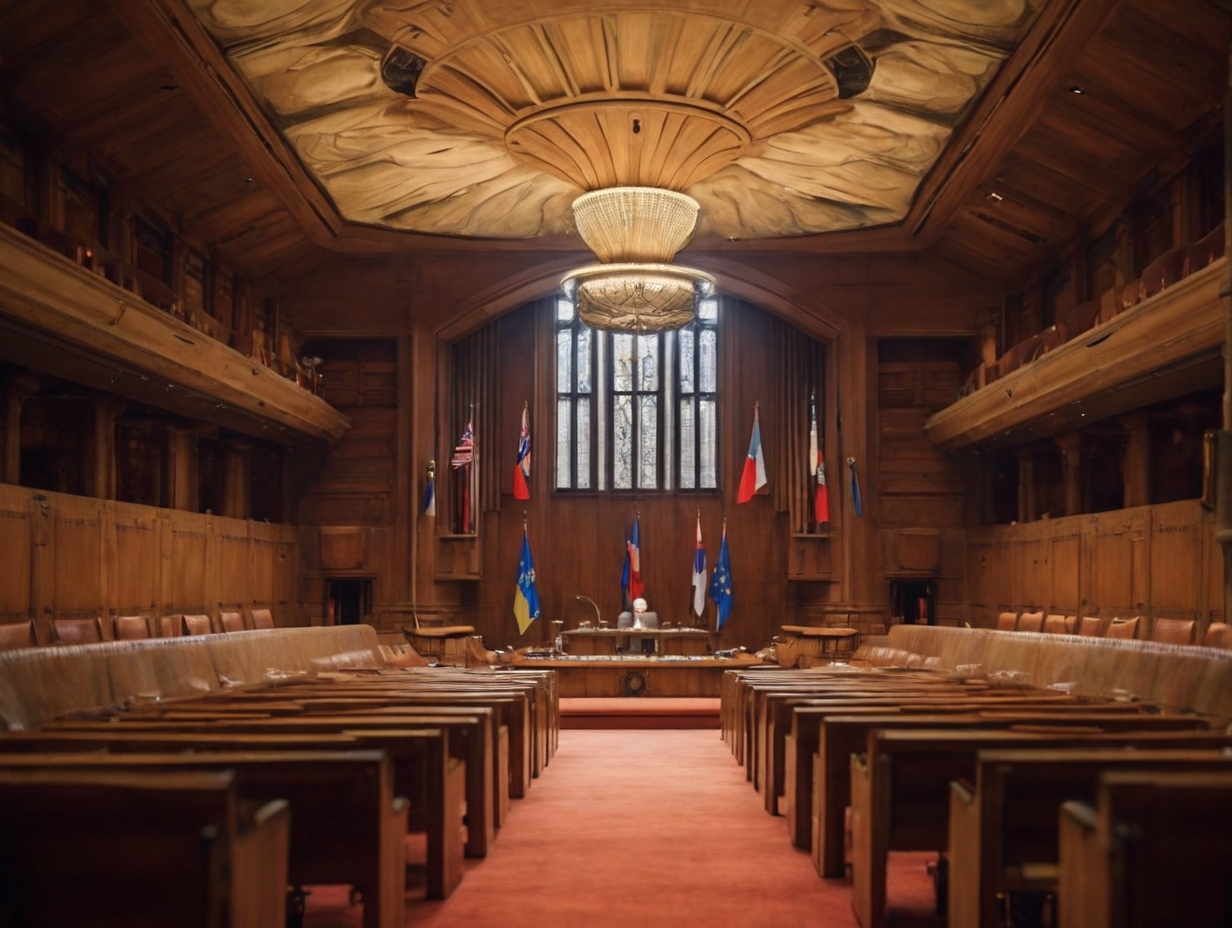In a decisive move applauded by economists, Honduras has withdrawn from an international court amidst a contentious legal battle with Próspera, a U.S.-based firm spearheading the development of a Bitcoin-centric special economic zone. This development marks a significant turn in the ongoing dispute between the Honduran government and Próspera, with 85 economists voicing their support for Honduras’ departure from the World Bank’s arbitration body.
Backing Honduras’ decision
The Honduran government’s decision to exit the International Centre for Settlement of Investment Disputes (ICSID) received commendation from a group of economists associated with Progressive International. This collective, dedicated to unifying progressive forces worldwide, described Honduras’ withdrawal as a “critical defense of Honduran democracy” in an open letter issued on March 19.
The dispute stems from Próspera’s pursuit of $10.8 billion in compensation from Honduras following legislative changes in 2022 that revoked the special status of the Roatán island-based special economic zone. Próspera contends that these alterations breached the Honduran government’s 50-year legal stability guarantee, impacting the zone’s investment environment.
Economists’ assertions
The economists’ letter challenges the efficacy of international arbitration bodies like ICSID, asserting that they fail to significantly stimulate foreign direct investment. Moreover, the economists express concerns that such mechanisms have historically constrained governments’ regulatory freedom, particularly regarding consumer protection, labor rights, and environmental safeguards.
Since President Xiomara Castro’s election in 2021, Honduras has faced numerous ICSID cases, with Próspera’s claim representing a substantial portion of the country’s GDP. President Castro’s repeal of laws related to Zones of Employment and Economic Development (ZEDEs), designed to attract foreign investors, triggered heightened tensions between the government and Próspera.
In June 2021, the United Nations raised human rights apprehensions regarding the legal frameworks of ZEDEs, emphasizing concerns over inadequate consultation with indigenous and Afro-descendant populations residing in designated areas. Próspera’s establishment of a ZEDE on Roatán, with its adoption of Bitcoin as legal tender and promotion of blockchain technology, garnered mixed reactions from local communities and international observers.
Continued uncertainty
Despite Honduras’ withdrawal from ICSID, uncertainty shrouds the resolution of the dispute. Former head of Honduras’ financial watchdog, Jose Luis Moncada, affirmed the validity of the agreement between Honduras and Próspera, indicating the country’s obligation to respect arbitration outcomes until it departs from ICSID in August.
While Próspera remains steadfast in its pursuit of compensation, Honduras’ stance reflects a broader debate surrounding the balance between foreign investment incentives and governmental sovereignty. The ramifications of this dispute extend beyond economic considerations, touching upon issues of democracy, human rights, and the role of international arbitration in resolving investor-state conflicts.
Honduras’ decision to withdraw from ICSID, bolstered by support from economists, underscores the complexity of contemporary investment disputes and their broader implications for governance and democracy. As the legal battle between Honduras and Próspera unfolds, stakeholders continue to scrutinize the efficacy of international arbitration mechanisms and the extent of governmental autonomy in regulating economic activities within their territories.
The outcome of this dispute will not only shape the future of Próspera’s endeavors in Honduras but also influence broader discourse surrounding the rights of sovereign states and the responsibilities of international investors.
From Zero to Web3 Pro: Your 90-Day Career Launch Plan
